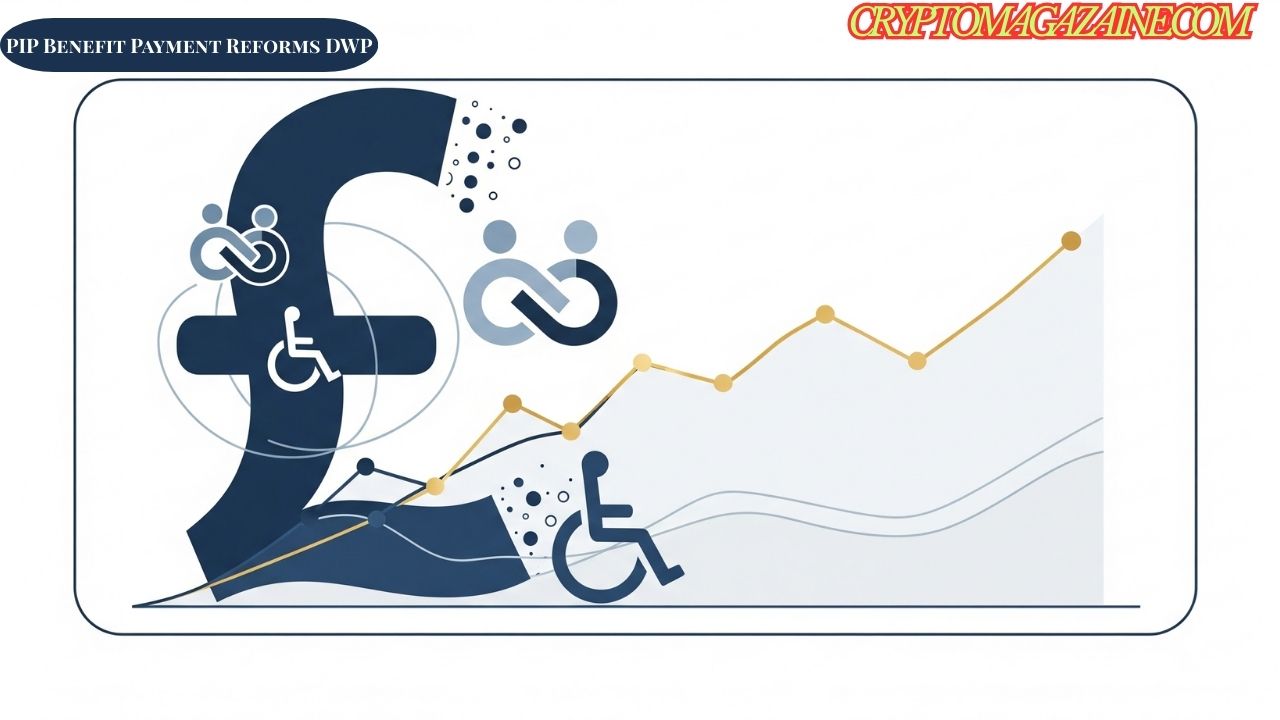The Department for Work and Pensions (DWP) has introduced significant changes to Personal Independence Payment (PIP) benefits that will reshape how disabled people access financial support. Understanding the latest PIP benefit payment reforms from DWP: what you need to know becomes essential for anyone affected by these changes. These pip benefit payment reforms dwp initiatives represent one of the most substantial overhauls of disability benefits in recent years.
Current Legislative Framework

Universal Credit and Personal Independence Payment Bill 2024-25
The government has introduced comprehensive legislation through the Universal Credit and Personal Independence Payment Bill 2024-25, which is currently making its way through Parliament. This bill forms the foundation of the upcoming changes to disability benefit systems across the UK, making pip benefit payment reforms dwp a central focus of current welfare policy.
The parliamentary process has been moving steadily forward, with MPs debating various aspects of the proposed reforms. The government’s stated objective centers on creating “better targets” for support while simultaneously achieving substantial cost savings across the welfare system.
These legislative changes represent a fundamental shift in how the DWP approaches disability benefit provision, marking a departure from previous policies that have been in place for several years.
Key Reform Proposals

PIP Four-Point Rule for Daily Living Component
One of the most significant changes involves the introduction of a new eligibility requirement for PIP claimants. Under the proposed four-point rule, individuals will need to score a minimum of 4 points on at least one daily living activity to qualify for the daily living component of PIP.
This change will not affect current recipients immediately. The DWP has confirmed that all existing PIP claimants at the time when these changes come into force will be exempt from the four-point rule. This protection ensures that people already receiving support won’t face sudden benefit cuts.
The implementation timeline for these new rules has been set for November 2026, meaning the changes will only apply to new PIP claimants from that date forward. This gives the system time to adapt while protecting current beneficiaries.
Universal Credit Health Element Modifications
Alongside PIP changes, the DWP is also reforming the Universal Credit health element. New claimants will face a significant reduction in their weekly payments, with rates dropping by £47 per week from £97 in 2024/2025 to £50 in 2026/2027.
For existing claimants, there’s some protection built into the system. The value of the health element will remain frozen at £97 per week for current recipients until 2029/30, providing temporary stability for those already in the system.
However, the financial impact for new claimants will be substantial. This reduction represents a cut of more than £2,400 per year for individuals who would have qualified under the current system but will claim under the new rules.
Financial Projections and Expected Savings

Government Cost Reduction Goals
The pip benefit payment reforms dwp will generate savings between £3.8 billion and £4.5 billion annually by 2029/30. These figures represent significant government expenditure reductions in disability benefit spending.
The policy measures outlined in the reform documentation are expected to reduce caseload growth by approximately one-third compared to projections under the current system. This reduction reflects both the stricter eligibility criteria and the lower payment rates for new claimants.
Implementation Timeline and Phases
Phased Introduction of Changes
The rollout of these pip benefit payment reforms dwp will occur in carefully planned phases. New PIP rules will take effect from November 2026 onwards, but only for individuals making fresh claims after that date.
Universal Credit health element changes will be implemented slightly earlier, beginning in April 2026 for new claims. This staggered approach allows the DWP to manage the transition more effectively.
Existing claimants will benefit from various grandfather clauses that protect their current payment levels until 2029/30, providing several years of stability during the transition period.
Political and Policy Context
Government Rationale Behind the Reforms
The government justifies these changes through two primary arguments: cost control and better targeting of support. Officials argue that the current system has grown beyond sustainable levels and needs restructuring to ensure resources reach those with the greatest need.
The parliamentary process continues as the bill progresses through the House of Commons. MPs from various parties have raised questions about the impact on disabled people and the adequacy of the proposed protections.
These reforms form part of broader welfare changes that extend beyond disability benefits, indicating a comprehensive approach to welfare system restructuring. The pip benefit payment reforms dwp demonstrate the government’s commitment to overhauling existing support mechanisms.
Impact Assessment and Affected Groups
Protected Categories
Several groups will receive protection under the new system. Existing PIP claimants will maintain their current benefit levels and won’t face assessment under the new four-point rule. People with lifelong conditions who are already in the system will continue receiving support at current rates.
Affected Populations
New claimants from 2026 onwards will face the full impact of these changes. Universal Credit health element recipients who make fresh claims will experience reduced payment rates compared to current levels.
The geographic scope covers the entire UK, meaning these changes will affect disabled people across England, Scotland, Wales, and Northern Ireland. The DWP expects a significant decrease in successful claims under the new criteria.
Current Status and Recent Developments
Legislative Progress
The bill has been introduced and continues progressing through Parliament, with various committees examining different aspects of the proposed changes. The legislative process provides opportunities for amendments and adjustments before final implementation.
Implementation Preparations
The DWP is currently preparing guidance materials and updating computer systems to handle the new assessment criteria and payment structures. These technical preparations are crucial for smooth implementation when the changes take effect.
Stakeholder Responses
Disability rights groups have expressed significant opposition to many aspects of these reforms. Ongoing consultations allow various organizations to provide feedback on the potential impact of the proposed changes.
The response from affected communities has been mixed, with some welcoming the protection for existing claimants while others express concern about the impact on future disabled people seeking support.
Conclusion
These pip benefit payment reforms dwp represent a major shift in how the UK supports disabled people through the benefit system. Understanding the latest PIP benefit payment reforms from DWP: what you need to know helps clarify how current claimants receive substantial protection, while the changes will significantly impact those seeking support from 2026 onwards.
The reforms reflect the government’s attempt to balance fiscal responsibility with social support obligations. As the legislation continues through Parliament, further adjustments may occur before final implementation.
Understanding these changes is crucial for anyone currently receiving disability benefits or those who might need such support in the future. The phased implementation provides time for preparation, but the long-term impact on disability support in the UK will be substantial.
For more Updates: Crypto Magazaine






